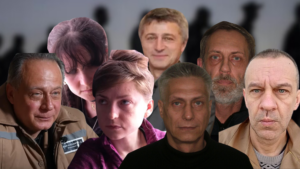Torture, Rape, and Human Hunting: 10 Russian War Criminals Convicted in Ukraine
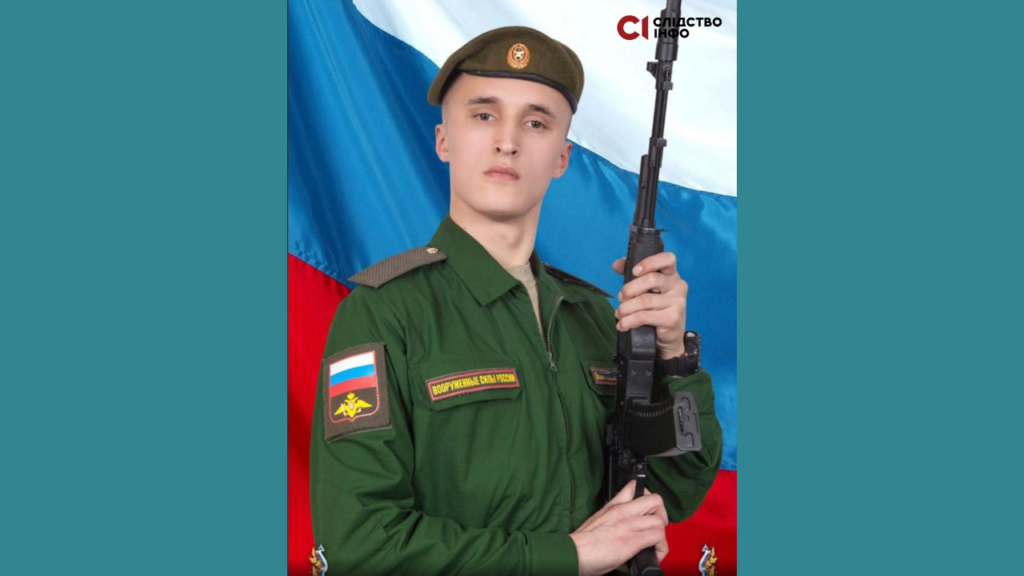
In April, Ukrainian courts issued six verdicts for war crimes in the Mykolaiv, Kyiv, Kharkiv, and Chernihiv regions. Ten Russian military personnel were convicted, receiving sentences ranging from 10 to 12 years in prison. All verdicts were delivered in absentia. In one case, the court decision was initially made public but was shortly afterward removed from public access.
Along with an expert in International Humanitarian Law, the MIHR analyzed these verdicts and reports on numerous issues in the cases and court decisions.
Abuse of a Soldier’s Mother
Case No. 485/167/25
On April 7, the Snihurivka District Court of the Mykolaiv Region found Russian serviceperson Maksym Uvarov guilty of abusing a Mykolaiv region village female resident. At the time of the crime, he was the commander of the 2nd Battalion of the 205th Separate Cossack Motorized Rifle Brigade, held the rank of lieutenant colonel, and used the call sign “Krasnodar.”
According to the investigation, from March to November 2022, Uvarov’s unit controlled the Snihurivka and Kalynivka communities in the Mykolaiv and Kherson regions, respectively. In the Kherson region, the accused also served as the occupation commandant of the village of Kalynivske.
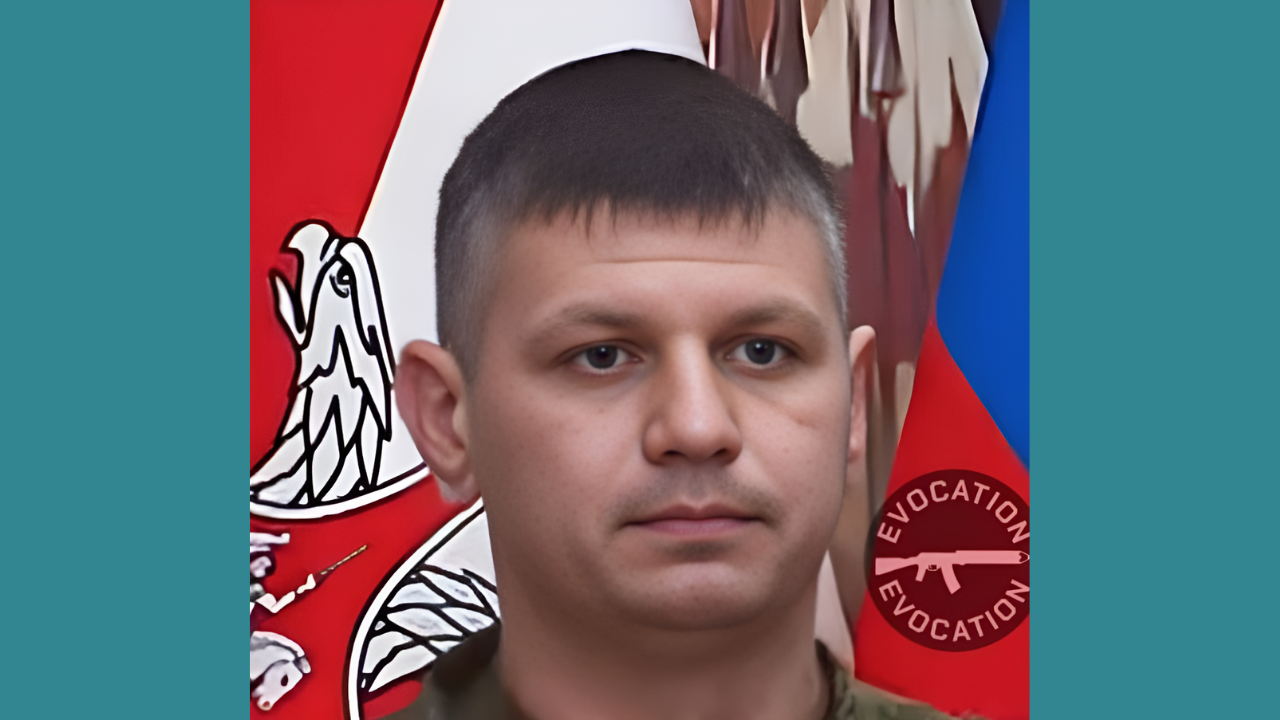
Maksym Uvarov. Photo: Myrotvorets
In May 2022, Maksym Uvarov was in the village of Yevhenivka in the Mykolaiv region. Together with other soldiers who have not been identified by the investigation, he stormed into the yard of a local resident. He ordered her to hand over her mobile phone and accused her of targeting fire. Then he forced her to put a bag over her head and forcibly transported her out of the village to Kalynivske.
There, the woman was held in a dugout until evening. Uvarov personally abused her. He ordered her to walk along power lines with a bag over her head, telling her the area around was mined. Other soldiers poured diesel fuel on the woman’s legs. “Krasnodar” threatened to set her on fire and record a video of “how the mother of a Ukrainian burns.” That same day, the woman was taken to the captured police station in Snihurivka and held there until June 4 under horrific conditions. On the first night, she was interrogated, constantly woken up, and had a flashlight shone in her eyes.
During the trial, the victim testified that she remembered Uvarov because he removed his balaclava while inspecting her phone. He stated that people in the village were claiming she was a spotter and that her son was serving in the Azov Regiment. When the woman was taken from her home, she brought her medication with her, intending to commit suicide.
During the investigative reenactment, she showed where she had been held captive and how she had been abused.
Investigators identified Uvarov and tracked down his contacts. The verdict states that law enforcement officers found a laptop in the Bashtanka district containing a file with a list of surnames of Russian military personnel. Among them was information about Lieutenant Colonel Uvarov. The verdict does not specify who the laptop belonged to.
The victim’s neighbor testified in court that she saw Russian soldiers taking the woman from her home. She remembered the accused because he did not cover his face. Later, she identified him from among 12 photos provided by the investigators.
A man and a woman from Kalynivske reported in court that Uvarov was the occupation commandant and the highest-ranking officer among the Russian troops. They confirmed that the Russians had occupied one of the local houses and set up a dugout in the yard. The witness heard from a neighbor that a non-local woman with her eyes blindfolded had been led out of the dugout. The villagers also identified Uvarov from among 12 photos.
The defense attorney, appointed by the Free Legal Aid Center, requested a reduced sentence for the accused during the court debates and was actively involved in the proceedings.
In its ruling, the court stated that the victim was detained because of her son, who served in the Armed Forces of Ukraine, but noted that this was not lawful. There was also no evidence of the victim’s collaboration with Ukrainian defense forces. The defendant held a high military rank. Therefore, he understood that the civilian was protected under International Humanitarian Law.
The court found Maksym Uvarov guilty of the brutal treatment of a civilian in collusion with others and of other violations of the laws and customs of war as provided by international treaties. By unlawfully detaining the victim and inflicting psychological suffering, Uvarov violated multiple provisions of the Fourth Geneva Convention.
As a result, he was sentenced to 10 years in prison. He will serve the sentence upon being apprehended, as the trial was held in absentia. There is currently no information about an appeal being filed. The court also ordered the verdict to be published in the “Governmental Courier” [Uriadovyi Kurier.]
Rape, Beatings, Forced Trench Digging
Case No. 361/1117/24
On April 8, the Brovary Town District Court of the Kyiv Region found Rinat Khakimianov and Arslan Salikhov, members of the tank division of the Central Military District of the Russian Armed Forces, guilty of raping a woman and robbing and torturing two men. Salikhov was a private in the 6th Tank Regiment. At the same time, Khakimianov held the rank of gefreiter and served as a tank commander in the same regiment.
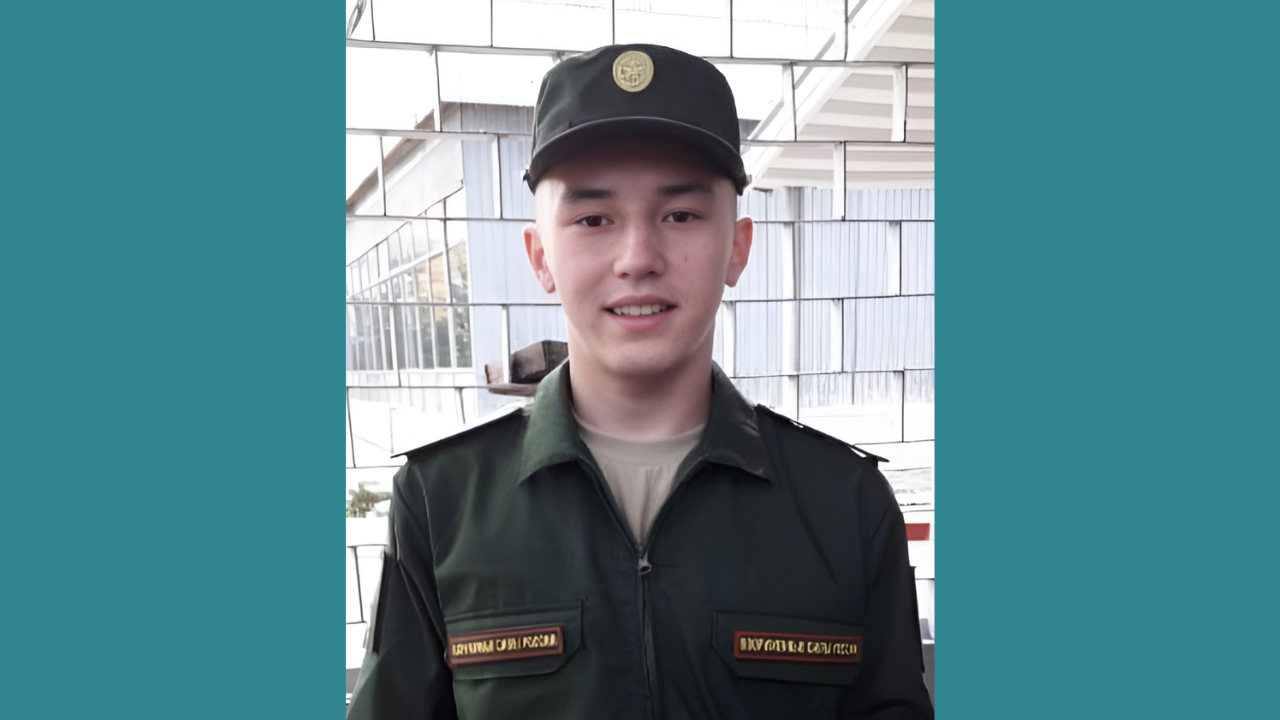
Rinat Khakimianov. Photo: Social media
Based on the case files, on March 20, in the village of Velyka Dymerka in the Brovary district, Salikhov and Khakimianov, along with other Russian soldiers, burst into a local resident’s yard. They beat the man, fired at him with an automatic weapon, and took his mobile phone. They then tied him up and transported him to the Russian military’s base, where he was forced to dig trenches for four days under the threat of execution. At night, he was bound and tied either to a radiator or kept in a cellar. The victim managed to escape during a shelling of Russian positions.
On the same day, the defendants threatened another local with a weapon and seized his mobile phone.
The soldiers also broke into the yard of a married couple. In the presence of their child, they ordered the man to undress, kneel down, and tell them whether he was involved in the Territorial Defense Forces and what he knew about the location of the Ukrainian Armed Forces. Threatening them with weapons, they stole money and mobile phones from the family.
The following day, Salikhov, Khakimianov, and another unidentified soldier burst into a local woman’s home. She pleaded with them not to harm her, explaining that she was three months pregnant. Nevertheless, Khakimianov and the unidentified soldier raped her while Salikhov stood guard. The woman was also beaten, strangled, and had teeth knocked out. As a result, the victim lost her baby.
At the trial, the prosecutor requested that the defendants be found guilty and sentenced to 12 years in prison.
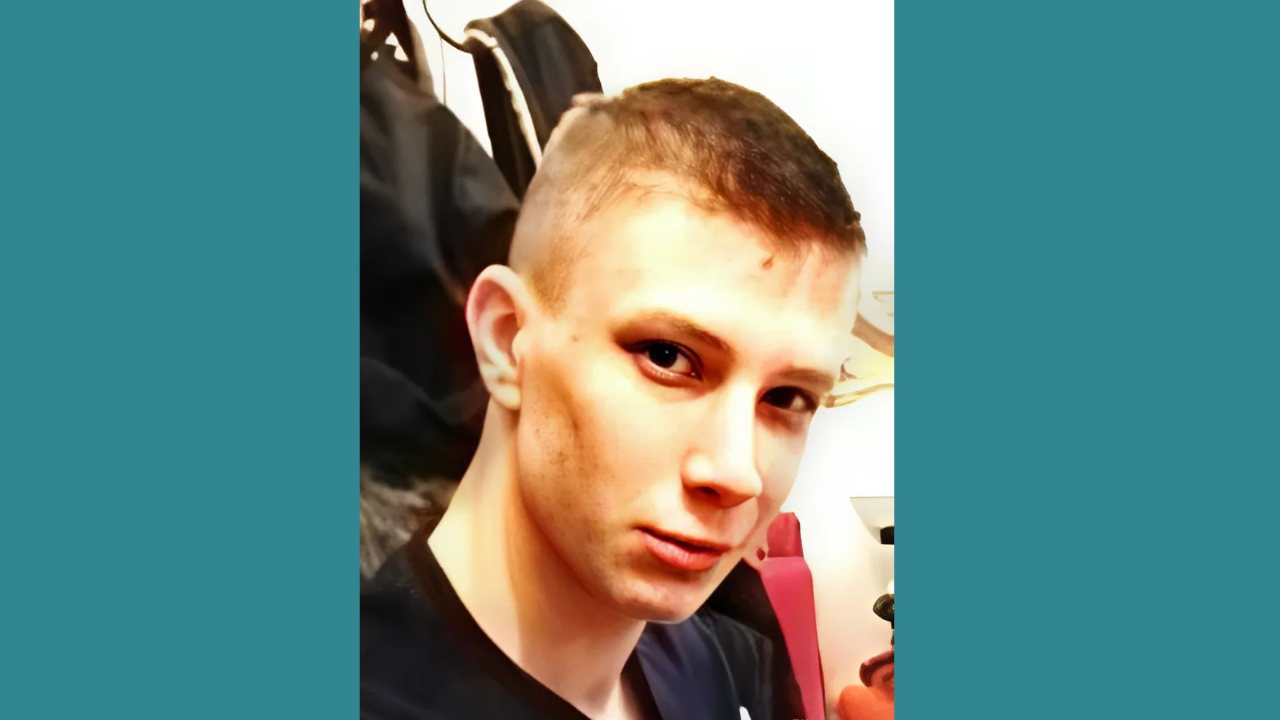
Arslan Salikhov. Photo: Social media
The defense attorneys appointed by the Free Legal Aid Center argued that the evidence presented did not prove the accused guilt and requested acquittal. They emphasized that the identification protocols completed by the victims were formalistic. They claimed there was doubt whether the victims could accurately recognize military personnel with Asian appearance after such a long time. The defense also argued that the defendants seized the victims’ phones for military purposes, not for personal use.
The evidence in the case included reports of the victims’ identification of the defendants, inspections of the crime scenes, and investigative reenactments. The investigation also obtained data from a mobile operator confirming that the defendants’ phones were active at the very same location as the victims’ phone numbers.
As a result, the court found Salikhov and Khakimianov guilty of the brutal treatment of civilians in collusion in the occupied territory and other violations of the laws and customs of war provided for by international treaties. Both were sentenced to 12 years in prison. The court also granted the victim’s civil claim, ordering each defendant to pay 1 million hryvnias in compensation for moral harm.
They will serve their sentences upon being apprehended, as the trial was held in absentia. The verdict has not been appealed.
Simulated Execution through Shooting
Case No. 485/2098/24
On April 8, the Snihurivka District Court of Mykolaiv Region found Kostiantyn Makin, an officer of the 108th Air Assault Regiment of the 7th Air Assault Division of the Russian Armed Forces, guilty of abusing a man.
Based on the case file, on March 21, 2022, Makin and three other soldiers came to the yard of the head of Novopetrivka village in the Bashtanka district. When the village head and her husband came out to meet the Russians, Makin fired a burst from his automatic weapon at their feet to intimidate them. He claimed he would shoot the man because he “didn’t like him.”
At the trial, the victim testified that Makin demanded she hand over abandoned Russian weapons. He also knew that she was the village head.
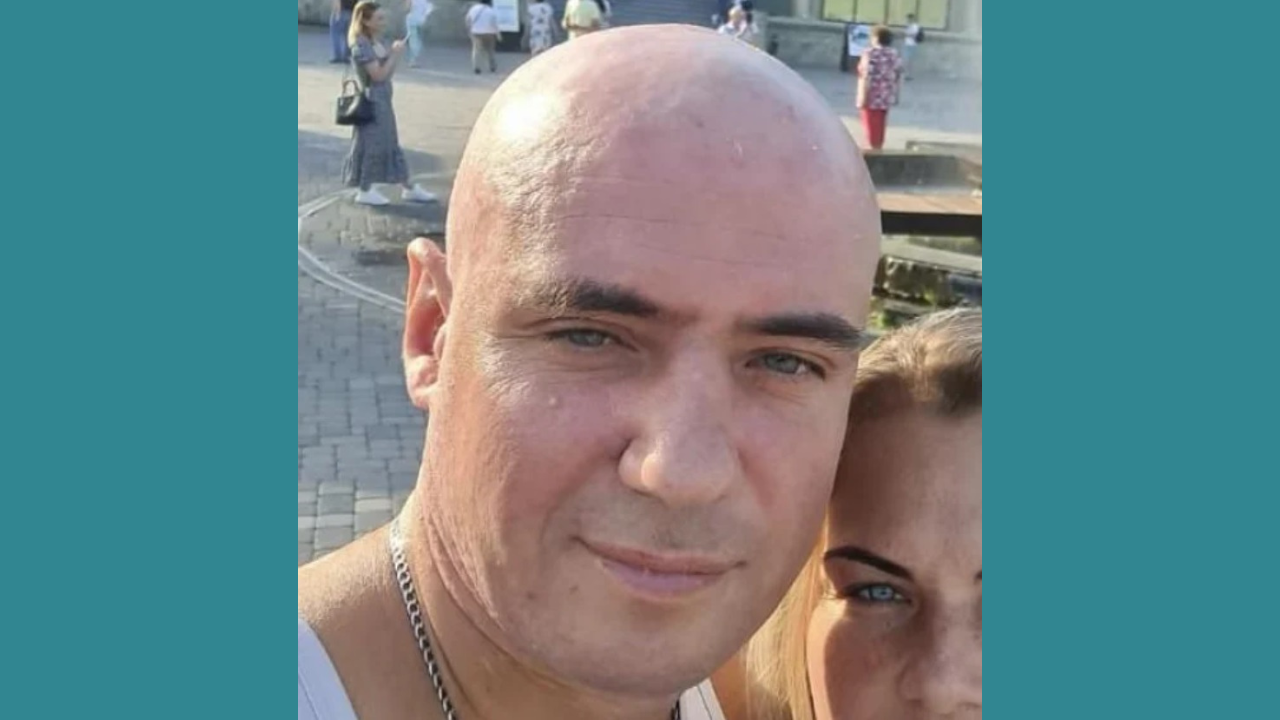
Kostiantyn Makin. Photo: Nikcenter
Neighbors testified in court that on that day, they saw Russian soldiers near the village head’s yard and heard gunshots. One of the neighbors identified the accused by his facial features.
Among the evidence in the case are reports from a Ukrainian military unit about Russian forces based in the district in March 2022. Investigators also found photos and a social media profile of the accused. The victims identified Makin based on these images.
The verdict reveals that the victim’s husband disappeared in the village on the same day. It was believed that he had been taken captive by Russian soldiers. In February 2023, his body, showing signs of torture, was found at the bottom of a drainage ditch near Russian positions. The National Police reported that law enforcement officers intercepted a conversation among Russian military personnel discussing the murder of the village head’s husband. Makin was among the three suspects, but he wasn’t formally charged with the murder.
As a result, the court found Makin guilty of brutal treatment of civilians during the occupation. He was sentenced to 10 years in prison. The court partially granted the civil claim of the victimized village head and ordered the defendant to pay 500,000 hryvnias as compensation for moral harm.
The defendant will serve the sentence upon apprehension, as the trial was held in absentia. So far, the verdict has not been appealed.
Human Hunting
Case № 748/4032/24
On April 11, the Chernihiv District Court found Mergen Oorzhak guilty of cruel treatment of a civilian. At the time of the crime, he was serving in the 55th Separate Motorized Rifle Brigade of the Russian Armed Forces.
The case file indicates that in March 2022, when the village of Zolotynka in the Chernihiv Region was under occupation, Oorzhak entered the yard of a local resident. He fired several shots at the wall of the house and ordered the man to come outside. He then forced him to run and fired shots at the ground near his feet—essentially hunting him like prey. Then he ordered the man to place a box of Russian dry rations on his head and fired three shots at it; two bullets pierced the cardboard.
The victim recounted his experience in court and identified the defendant from a photograph. He also reenacted the incident during an investigative experiment, and forensic examinations confirmed that the traces found in the yard were indeed from firearms.
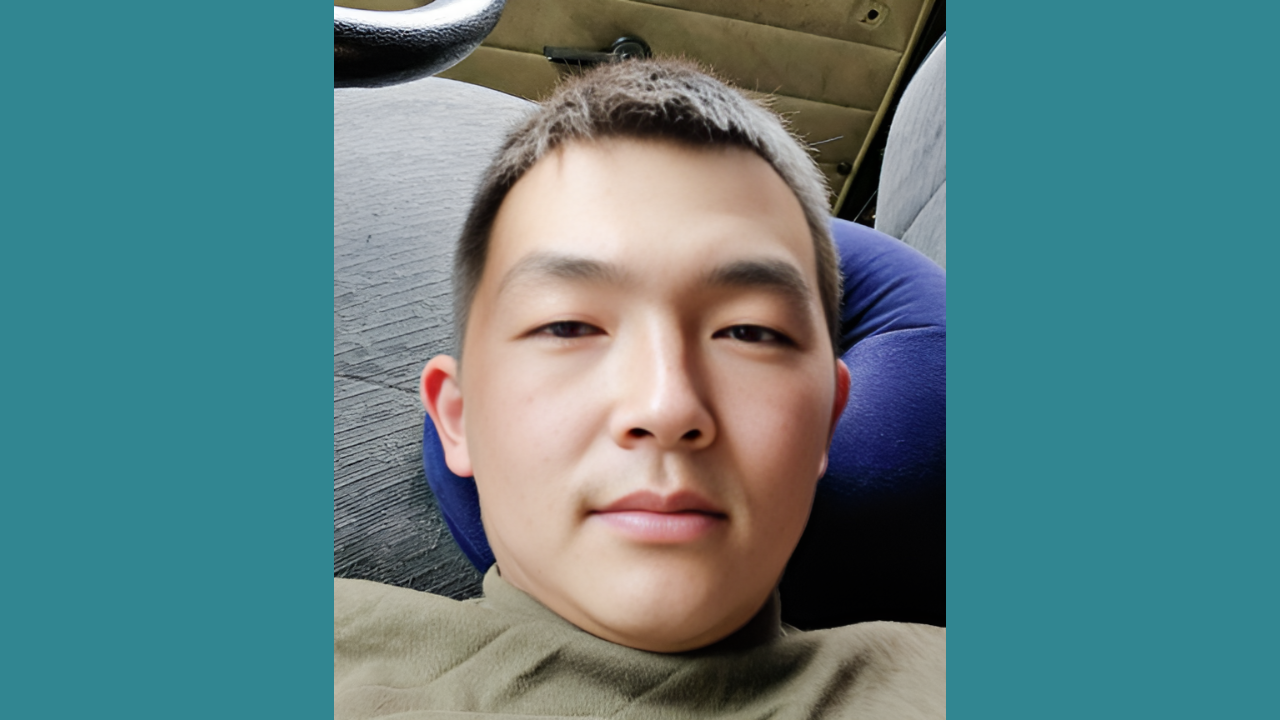
Mergen Oorzhak. Photo: Social media
A neighbor testified that he heard gunshots in the victim’s yard that day. He also remembered Oorzhak as one of the soldiers who had occupied his fellow villager’s yard. Another neighbor reported she was worried because the victim hadn’t come to take shelter in the basement as usual. She found Russian soldiers in his yard and pleaded with them to let the man go.
The investigation also provided the court with information from the Foreign Intelligence Service, which included the defendant’s passport details, military service records, contact information, and social media accounts.
Ultimately, the court found that the defendant’s actions violated multiple provisions of the Geneva Convention relative to the Protection of Civilian Persons in Time of War, dated August 12, 1949. Mergen Oorzhak was found guilty under Part 1 of Article 438 of the Criminal Code of Ukraine for committing war crimes and was sentenced to 12 years in prison. He will serve the sentence upon apprehension, as the trial was held in absentia. As of May, the verdict had not been appealed.
Abuse due to the Pump
Case No. 485/2061/23
On April 28, the Snihurivka District Court in the Mykolaiv Region found Azret Batdiyev and Ruslan Akhmetov guilty of threatening execution and abusing seven villagers. Both served in the 1st Motorized Rifle Company of the 1st Motorized Rifle Battalion of a Separate Coastal Defense Brigade of the Russian Armed Forces’ army corps. At the time of the crime, Batdiyev served as a rifleman and assistant grenade launcher, while Akhmetov was a medic.
The case file reveals that in July 2022, during the occupation of the village of Novokyivka in the Mykolaiv Region, Batdiyev, Akhmetov, and other Russian soldiers who were not identified by the investigation detained seven villagers. The men were forced to disclose information about a missing water pump that the Russians intended to use.
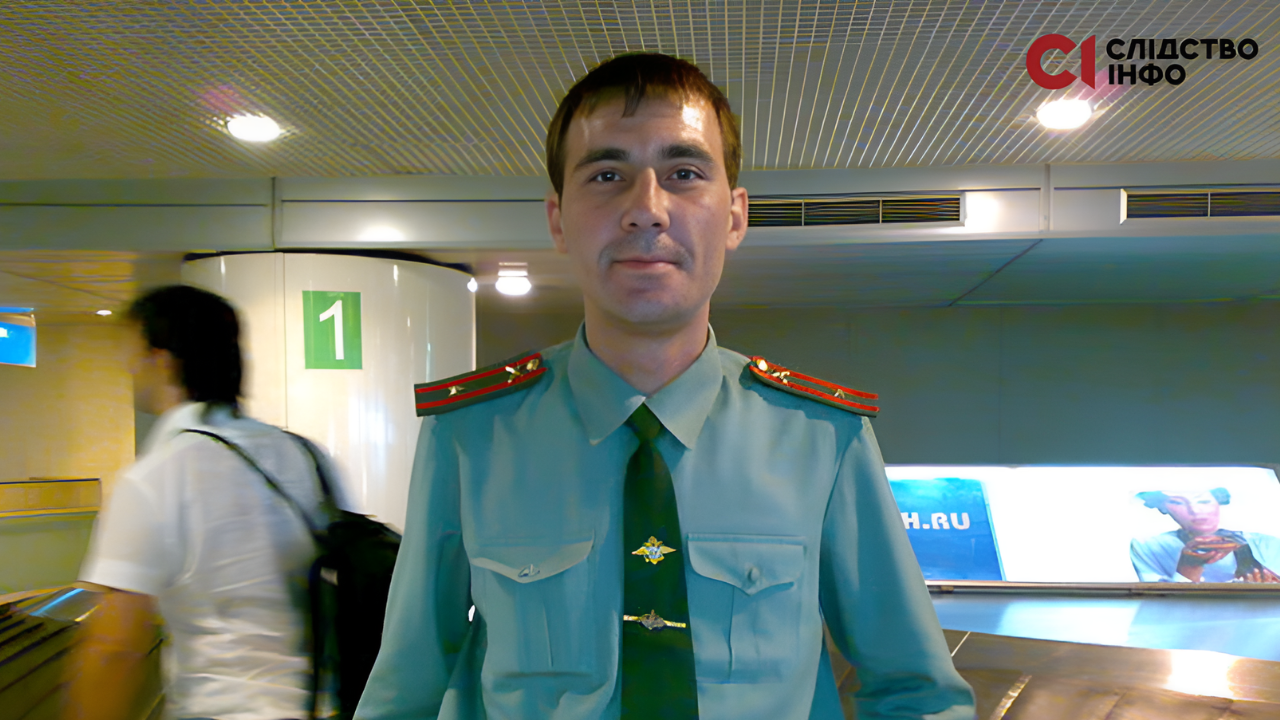
Emil Akhmerov. Photo: Slidstvo.Info
Based on the investigation, someone in the village provided the military with a list of names of fellow villagers who had allegedly hidden the water pump. Batdiyev, Akhmetov, and other soldiers detained these individuals. To help locate them all, they enlisted a local resident, Hryhorii Drahunenko, who was convicted last year for aiding in the commission of a war crime.
With Drahunenko’s involvement, the villagers were taken to a ravine. There, the detainees were beaten and pressured to reveal the pump location. Specifically, Batdiyev fired an assault rifle at the ground near the men’s feet, simulating an execution. Several men were taken behind a hill, and shots were fired in their direction to make the others believe they had been executed. The villagers were beaten and had their arms twisted.
At the trial, the victims recounted their experiences and reenacted their testimony during a crime scene reconstruction. Some of the victims also identified the defendants from among 11 photos provided by investigators. In addition, investigators found a report signed by Akhmetov in the building used as a base by the Russian soldiers.
The court deemed several identification protocols inadmissible. It stated that one of the victims had indicated that the men in two photographs resembled his attacker but did not specify who exactly. The court also rejected the identification protocol submitted by a witness who later became a defendant in a criminal case—presumably referring to Hryhorii Drahunenko.
The court found the defendants guilty of committing a war crime. Akhmetov was sentenced to 12 years in prison and Batdiyev to 11 years. Since the trial was held in absentia, they will serve their sentences upon apprehension. The verdict can be appealed within 30 days.
Rape during Occupation
Case No. 638/11148/23
On April 16, the Industrial District Court of Kharkiv found Emil Akhmerov, Mammi Mammiyev, and Kostiantyn Shliapnikov, members of the 99th Self-Propelled Artillery Regiment of the 3rd Motorized Rifle Division of the Western Military District of the Russian Armed Forces, guilty of abusing and raping a woman. At the time of the crime, Akhmerov was the regiment commander holding the rank of colonel. Mammiyev was the commander of a command and combat vehicle, holding the rank of junior sergeant. Shliapnikov served as a driver with the rank of private.
The verdict was published in the Unified State Register of Court Decisions. However, it was soon restricted from public access based on Article 7 of the Law of Ukraine, “On Access to Court Decisions.”
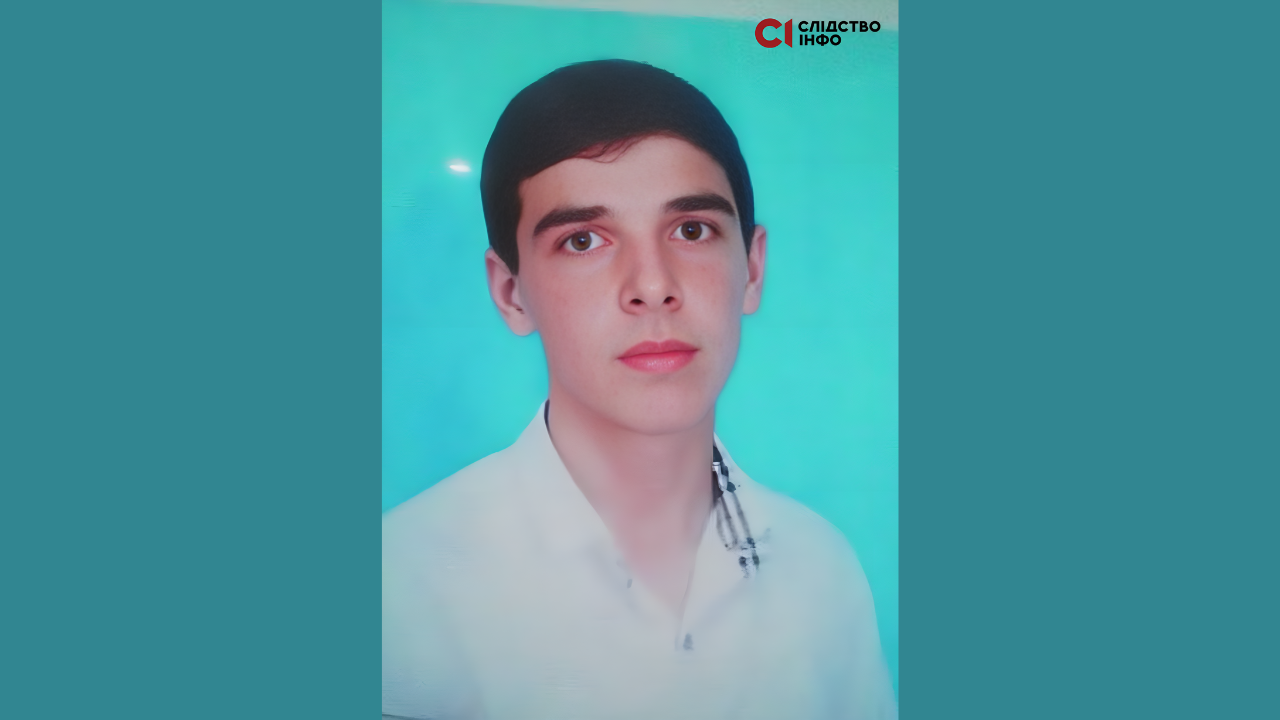
Mammi Mammiyev. Photo: Slidstvo.Info
The investigation revealed that on April 20, 2022, during the occupation of the Izium community, the accused arrived in an armored personnel carrier at a house where a young woman lived with her boyfriend and his mother. The soldiers were drunk, fired at farm buildings and a dog, and threatened the residents with weapons. Later that evening, they returned, abducted the victim, and took her by APC to a private house, where they raped her in turn. During the assault, one of the soldiers said, “The Commander should go first.” Then, Akhmerov arrived.
The victim recounted her experience in court and identified the attackers in photos provided by investigators. She also stated that during the occupation, she was summoned to the commandant’s office by the Russian military police, where she was told that there had been other similar complaints against these soldiers.
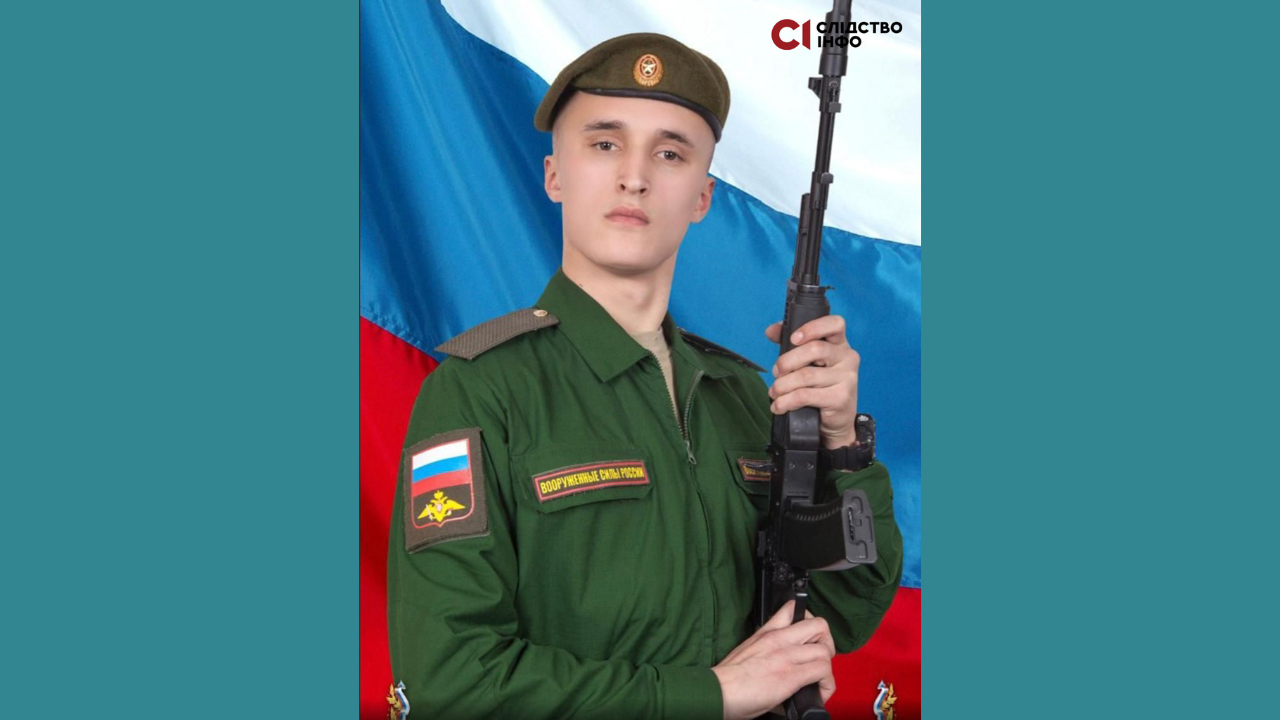
Kostiantyn Shliapnikov. Photo: Slidstvo.Info
The witnesses were the victim’s family members—her boyfriend and his mother—who confirmed that Russian soldiers had come to the house several times, threatened them, demanded their phones, and eventually forcibly took the woman away. The witnesses found her shocked after her return.
The lawyers appointed by the Free Legal Aid Center requested that the court take into account each defendant’s specific role when delivering the verdict.
Ultimately, the court found Akhmerov, Mammiyev, and Shliapnikov guilty of committing a war crime and sentenced them to 12 years in prison. The court also granted the victim’s civil claim and ordered each defendant to pay 2 million hryvnias in moral harm. The verdict can be appealed within 30 days. The defendants will serve their sentences upon apprehension, as the trial was held in absentia.
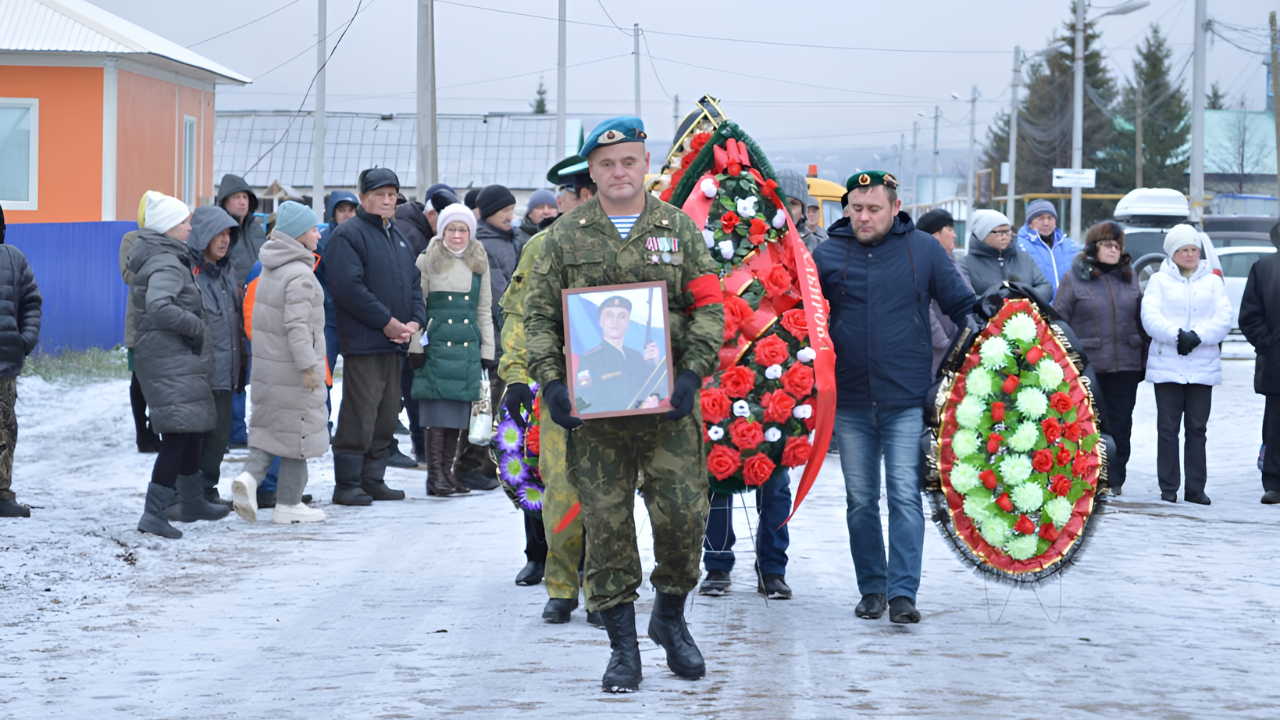
Shliapnikov’s funeral. Photo: Slidstvo.Info
The media reports that Shliapnikov and Mammiyev might have died on the front lines. “Slidstvo.Info” mentioned that a memorial plaque to Mammiyev was unveiled in Dagestan. The verdict also states that the Kursk Military Garrison Court has initiated a criminal case against Akhmerov on charges of rape.
Legal Analysis
In these verdicts, the MIHR observes a tendency toward the reiteration of systemic issues inherent in trials in absentia. Specifically, these include the notification of defendants regarding legal proceedings and the clarity of the procedure for identifying defendants.
The verdicts analyzed state that the defendants were notified about the investigation and court proceedings through official sources: the “Governmental Courier,” court websites, and the Office of the Prosecutor General. However, Andrii Yakovliev, a lawyer and the MIHR expert on International Humanitarian Law, believes that all available methods of notification should have been used. After all, it is doubtful that Russians monitor Ukrainian websites or have access to them.
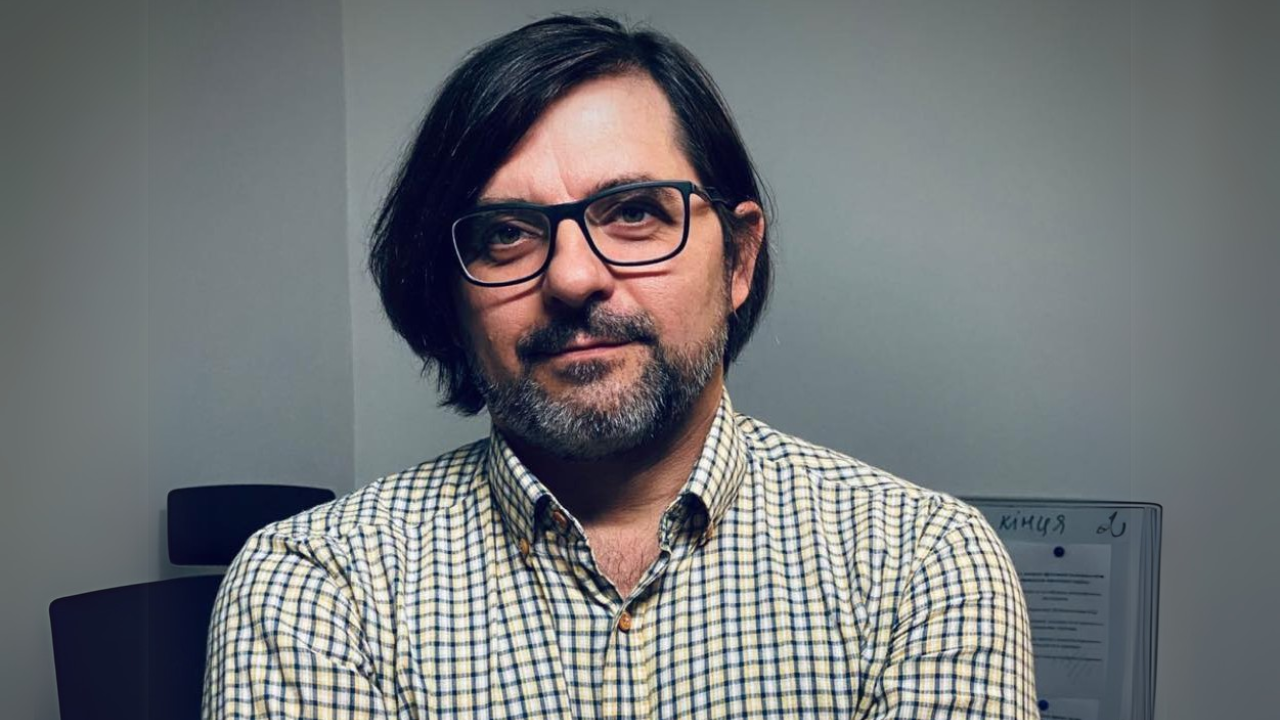
Andrii Yakovliev, the MIHR expert on International Humanitarian Law
—In absentia proceedings are applied when we are confident that the defendant is aware of the trial but has refused to participate, — Yakovliev explains. — If there was no actual notification, this could be grounds for appealing and reviewing the verdict in the future.
Yakovliev notes that this problem is chronic in national courts. However, it could be resolved if investigators and judges acted proactively. For example, they could send notices of suspicion, summonses, or court orders via email, phone, or social media. They could also notify the relatives, employers, or commanders of suspects about the case. Yakovliev believes this would increase confidence in trials in absentia, but the current law does not encourage such measures. If everything remains as it is, defendants may one day appeal Ukrainian verdicts in the European Court of Human Rights, arguing that they were unaware of the proceedings and, thus, their right to a fair trial was violated.
Yakovliev also believes that verdicts should pay more attention to the description of the identification of the accused, particularly by detailing how victims recognized them and what specific features they identified.
For example, in the verdict of the Snihurivka District Court concerning Azret Batdiyev and Ruslan Akhmetov, we observe that some victims were confused during the identification process and did not indicate which photo depicted the attackers.
—From the perspective of high standards of justice, it is crucial to thoroughly describe how the court concluded that the defendant is the individual who committed the crime. Currently, this is not always clear from the verdicts, — Andrii Yakovliev adds.
Based on the MIHR’s analysis, previous verdicts contained overly descriptive sections, making them difficult to read. However, current judicial practice is changing this approach, and verdicts are becoming more concise. Nevertheless, the issue with the concluding part remains: even though the cases concern war crimes, courts do not specify which exact war crime the person is convicted of. Although Article 438 of the Criminal Code of Ukraine has been renamed “War Crimes,” it functions more like a directory of crimes. The article covers only three types of crimes. However, it includes a list of 37 acts that can be classified as war crimes during an international armed conflict. Referring to a specific article in the operative part of a verdict is a common practice for judges in general criminal cases. However, this works only when the article addresses a single crime or has a clear list of crimes.
—Ideally, in the operative part of the verdict, after referencing Article 438 of the Criminal Code of Ukraine, the court should specify what the case is about—for example, cruel treatment of a civilian under occupation or rape. This is essential for statistics, the systematization of verdicts, further research, and prioritization of investigations, — Yakovliev explains.
He adds that international experts and researchers are currently translating these verdicts and studying Ukrainian judicial practice. Therefore, it is now crucial to clearly outline the elements of the crimes and then amend the legislation—by creating a directory of war crimes within Article 438 of the Criminal Code of Ukraine.
Yakovliev also draws attention to a classified verdict issued by the Industrial District Court of Kharkiv. The law cited by the court does not contain any provisions that would allow the classification of the entire verdict. Yakovliev believes that sensitive information could have been restricted, but the rest of the text should have been published.
—The court must demonstrate that it was transparent and impartial, — he explains. — And that the right to a fair trial was not violated. It is crucial that everyone can evaluate the verdict, as well as the quality of the work done by the prosecution and the court, — Andrii Yakovliev continues.
He also believes that publishing such verdicts is essential so that the convicts know for what crime they were held accountable.
Yakovliev also highlights two additional points: civil lawsuits and the possible death of the defendants.
The courts granted the civil claims of the victims. However, there is doubt as to whether they can be enforced if the convicted individuals are not apprehended. The court is obliged to consider a civil claim regardless of the likelihood of recovering the funds. It is also conceivable that the victims will eventually be able to use such court decisions when filing with the Register of Damages.
Regarding the alleged deaths of the defendants, Yakovliev states that the court can verify such information. Due to the war, Ukraine and Russia do not have legal cooperation, so Russia cannot confirm whether the accused soldier is alive. However, this can be verified by the Security Service of Ukraine or intelligence services.
—If this has been done but no definitive confirmation is available, the court can proceed. However, it is crucial to make that effort because the international community is monitoring our practice, and it would look odd if it turned out we were prosecuting deceased individuals, — Yakovliev notes. According to the law, criminal proceedings against a deceased person must be terminated.



